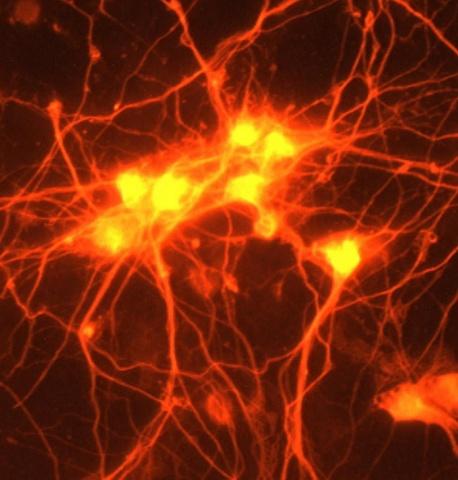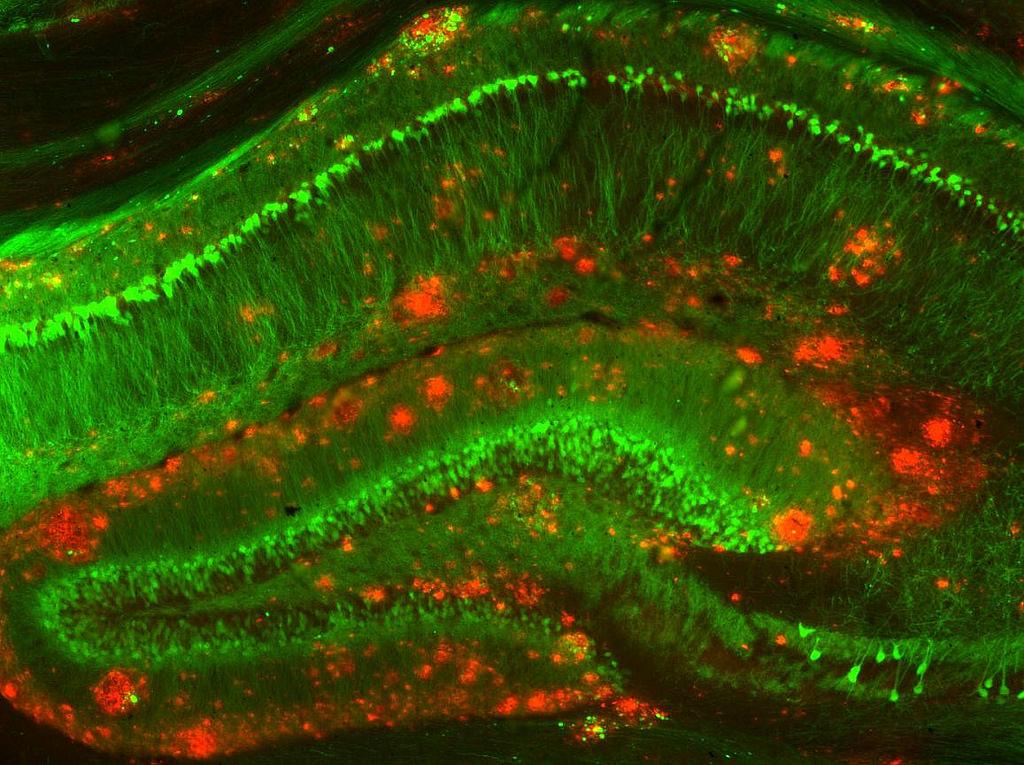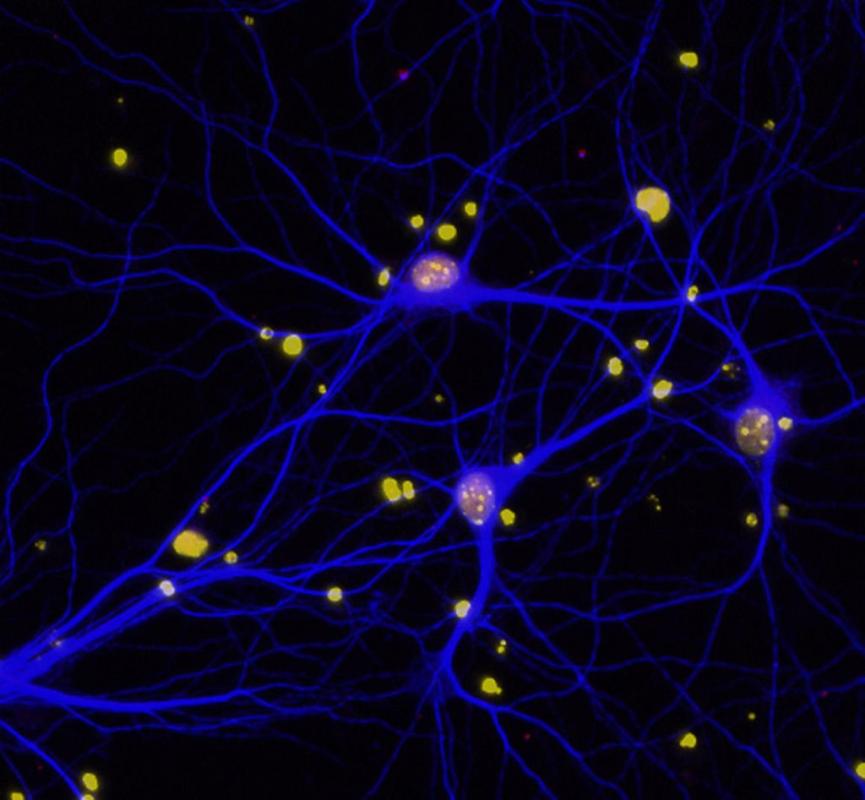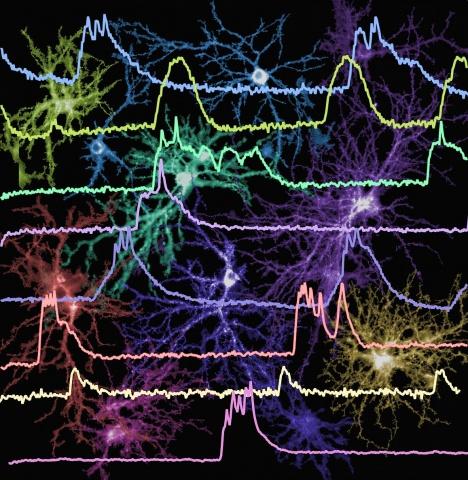Plasma exchange therapy for Guillain-Barré helps woman make a drastic recovery
Over the course of a few days in late September of 2021, Carol Cerase of Lumberton, NC, experienced increasing weakness in her legs, trouble swallowing, and several falls. Doctors at her local hospital couldn’t find the cause, so they reached out to Duke Health’s neurology experts, who diagnosed Cerase with Guillain-Barré syndrome (GBS). Duke’s team recommended plasma exchange therapy to stop the disease’s progression and allow the nerves to heal. “I was lucky I got the treatment so fast,” said Cerase. “I think it saved me.”
Duke Neurology Research Round Up, December 2021
Members of the Duke Neurology Department contributed to 14 new peer-reviewed journal articles written this November. Highlights include an analysis of fragmentation within the delivery of neurological health care, an examination of racial disparities in the use of telehealth, and a discussion of the best ways to use social medicine to share news on epilepsy and clinical neurophysiology. Read the paragraphs below for short summaries of each of these 14 articles, as well as links to the original entries themselves.
Memory Disorders
Duke Neurology Research Round Up, November 2021
This October, members of the Duke Neurology Department contributed to 12 new peer-reviewed journal articles, advancing our understanding of Alzheimer’s disease, stroke, chronic pain, and other conditions. These articles include discussions of the best framework for neuroscience curricula for medical students, the discovery of an existing experimental drug which offers a new avenue for treating pain without potential addiction issues, and an examination of the viability of ketogenic diets as an alternative treatment for amyotrophic lateral sclerosis (ALS).
Duke Neurology Research Round Up, October 2021
New research from the Duke Neurology Department provided insights into our ability to improve patient care and better understand neurological conditions. The 11 studies featuring our faculty, staff, and trainees published this September include the discovery of an HIV medication’s surprising potential to treat dystonia, an analysis of brain tumor patients admitted to intensive care, and a personal story of one faculty member’s grandfather, who lived through the ups and downs of a century of health care in the United States.
Duke Neurology Research Round Up, September 2021
Members of the Duke Neurology Department contributed to seventeen peer-reviewed research studies published this August. Members of the lab of Nicole Calakos, MD, PhD, discovered that a medication created to treat patients with HIV may help people with dystonia. New translational research provided the most accurate atlas of the mouse model to date and answered questions about late-onset Alzheimer’s disease.
Duke Neurology at AAN 2021: Highlights from a virtual year
The American Academy of Neurology (AAN) has moved its annual meeting to a virtual setting this year, but its offerings of the latest education and scientific programming continue. This year, members of the Duke Neurology Department collaborated with their colleagues at Duke and with other academic institutions to advance our understanding of neuro-oncology, myasthenia gravis, ALS, and other fields and disciplines.
Koltai, Somarelli receive inaugural Bass Connections Leadership Award
Deborah Koltai, PhD, (Associate Professor in Psychiatry & Behavioral Sciences and Neurology, School of Medicine) and Jason Somarelli, PhD (Assistant Professor in Medicine, School of Medicine) are the winners of the 2021 Bass Connections Leadership Award.
Duke Neurology Research Round Up, April 2021
Members of the Duke Neurology Department contributed to 21 new studies in peer-reviewed journals this March, advancing our ability to understand, treat, and prevent diseases and conditions from across the field of neurology. Brian Mac Grory, MB BCh, MRCP, and other members of our stroke and vascular neurology helped answer questions about the best way to treat patients who have a stroke in their sleep.
Duke Neurology Research Round Up, January 2021
The final month of 2020 saw fifteen new publications written or co-written by members of the Duke Department of Neurology. Sneha Mantri, MD, MS, was a lead author of a new study examining factors contributing to burnout and moral injury among health-care workers at Duke. Our Neuromuscular Disease faculty wrote multiple studies advancing our understanding of myasthenia gravis, including how the COVID-19 pandemic is affecting people with this condition. Other articles answered questions about stroke, Parkinson’s, and other diseases.
Duke Neurology Research Round Up, November 2020
Members of the Duke Neurology Department contributed to 14 new peer-reviewed studies this October, advancing our understanding of or ability to treat Parkinson’s disease, Alzheimer’s, stroke, and other conditions. Laurie Sanders, PhD, and Claudia Gonzalez Hunt, PhD, advanced our understanding of the links between mitochondrial DNA damage and Parkinson’s disease, providing a potential avenue for future therapies.







